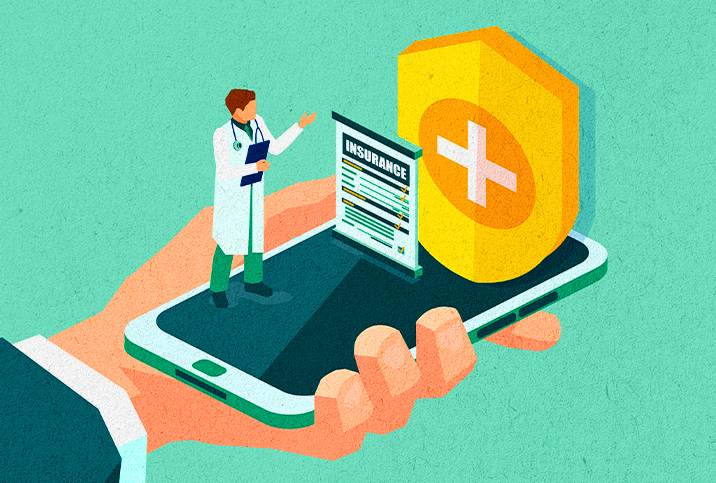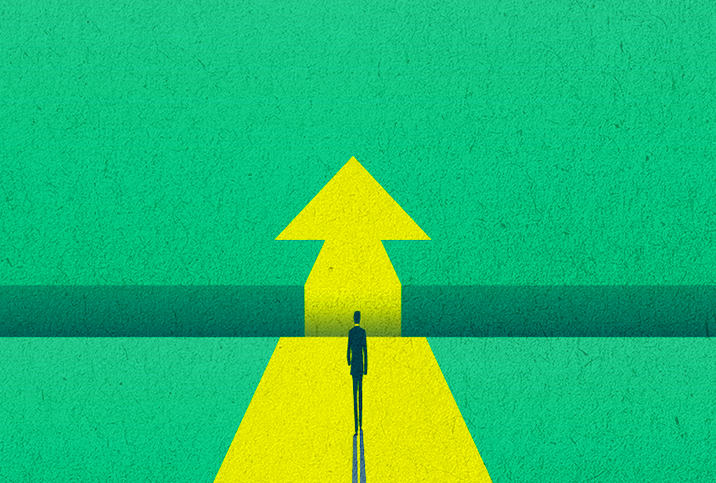
A man's prostate cancer story isn't necessarily over just because his prostate has been removed or otherwise treated.
One of the biggest worries for men recovering from prostate cancer treatment is that cancer may reappear in the prostate or develop elsewhere.
That is not a misplaced worry. Up to 33 percent of men who survive prostate cancer have a recurrence, and studies show that men who have had prostate cancer may be more susceptible to a second cancer in another part of the body.
Follow-up exams and tests are important both for men who've had a radical prostatectomy—removal of the prostate gland—and those who have had radiation treatment or focal treatment and kept their prostate.
During the first five years after treatment, you're likely to be put on a schedule of biannual exams that may involve PSA tests, digital rectal exams and more, depending on whether you still have your prostate. Bone scans and other tests may also be indicated, again, pending your situation.
During these visits, it's important to report any new problems or symptoms, because they could indicate prostate cancer is coming back or a new cancer is developing.
"The worry is that even if there's an area of the prostate that doesn't have cancer, it may be predisposed to developing cancer later on because of whatever the biological reason is the cancer formed in the first place," said Petar Bajic, M.D., who specializes in men's sexual health with the Cleveland Clinic.
For this reason and others, it's crucial to your long-term health to stick to your follow-up schedule and not skip any appointments for tests, exams or even check-ins with your medical team.














